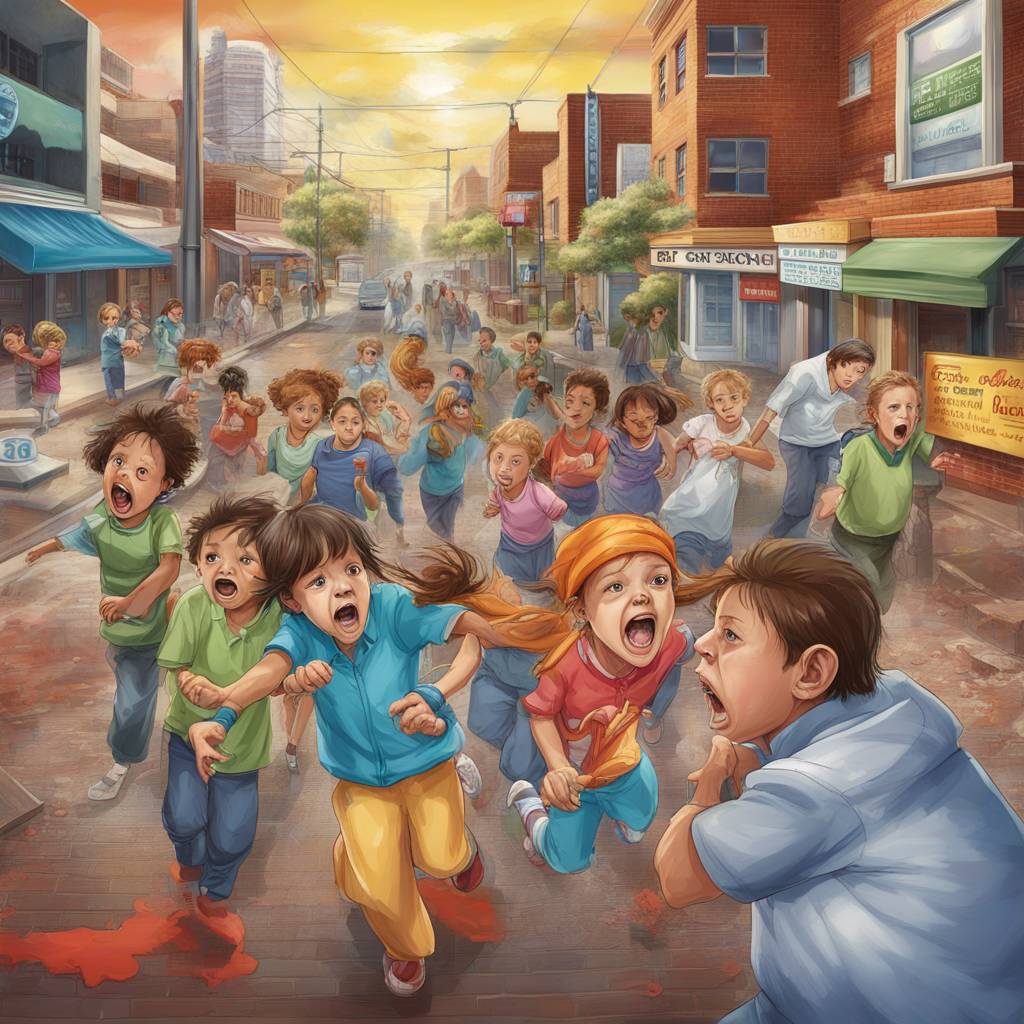An escalation in whooping cough cases among school students in NSW has sparked concerns and a push for children and adults to get a booster shot for the potentially fatal disease. Data from NSW Health showed a surge in whooping cough diagnoses among school-aged children during the first quarter of this year, with the biggest increase reported among children between five and 14. Infectious diseases expert Professor Robert Booy attributed the rise in cases to people mixing during holiday events, the return to school, and lowered immunity due to lack of exposure to the infection during the pandemic. He warned that whooping cough is highly transmissible and for every one child infected, more than 10 others can also develop a secondary infection.
The state of NSW recorded a rate of 47 whooping cough notifications per 100,000 people to March 28, which was a significant increase from previous years. In 2023, the rate was only 11 cases per 100,000 people for the entire year, compared to rates of 0.5 notifications per 100,000 people in 2021 and one case per 100,000 people in 2022. The biggest increase in cases was seen among young people aged five to 14, with the rate almost doubling from about 12 cases to roughly 23 notifications per 100,000 children in the past month alone. Whooping cough, or pertussis, is caused by a bacterial infection and can result in a long coughing illness that is especially dangerous for babies.
Professor Booy emphasized the importance of getting a booster shot for whooping cough, especially for those whose immunity may be waning. He highlighted the need for increased vaccination to prevent further outbreaks and protect vulnerable individuals, such as infants who are particularly at risk of severe complications from the disease. The highly contagious nature of whooping cough, with the potential for rapid spread among children in school settings, makes it crucial to take proactive measures to control the spread of the infection and prevent a larger outbreak in the community. The current trend of rising cases indicates a need for heightened awareness and vaccination efforts to ensure the population remains protected against this preventable disease.
The recent increase in whooping cough cases in NSW has raised concerns about the potential for a larger outbreak and the need for targeted interventions to prevent further spread of the disease. Public health officials are urging parents to ensure their children are up to date on their vaccinations, including booster shots for whooping cough. With a gradual rise in cases observed since September, health experts are warning that an outbreak is imminent and could be moderately significant without adequate measures in place. The close contact and social interactions among school-aged children make them particularly susceptible to contracting and spreading the infection, making vaccination and adherence to public health guidelines essential to curbing the spread of whooping cough in the community.
The surge in whooping cough cases among school students in NSW has been attributed to factors such as holiday gatherings, the return to school, and decreased immunity due to lack of exposure during the pandemic. The highly transmissible nature of the infection and the potential for secondary infections in close contacts underscore the need for increased vigilance and vaccination efforts to control the spread of the disease. As rates of whooping cough notifications continue to rise, health officials are emphasizing the importance of timely vaccination to protect vulnerable populations, especially infants who are at a higher risk of severe complications from the illness. By raising awareness about the need for booster shots and promoting vaccine uptake among children and adults, the community can work together to prevent a larger outbreak and ensure the safety and well-being of all individuals.


